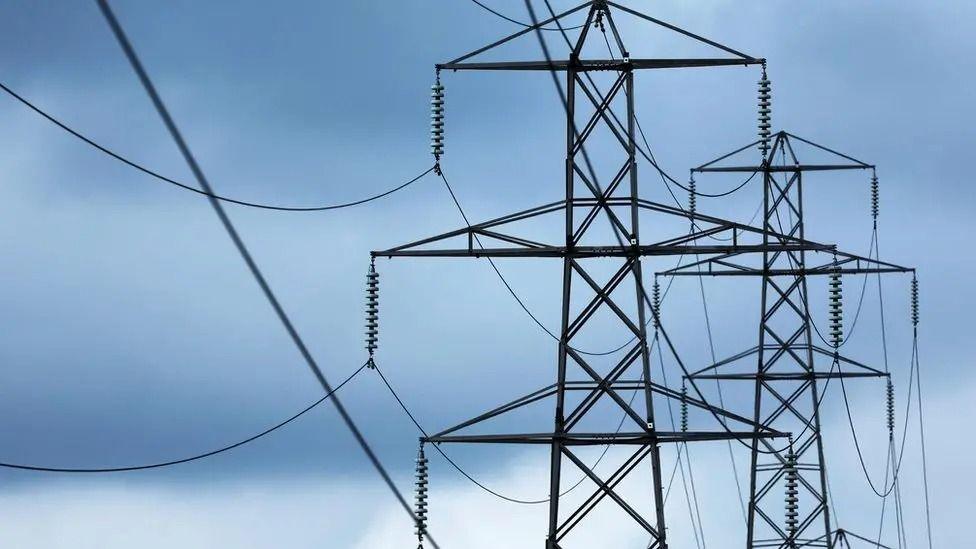PM invited to visit county farm in inheritance row
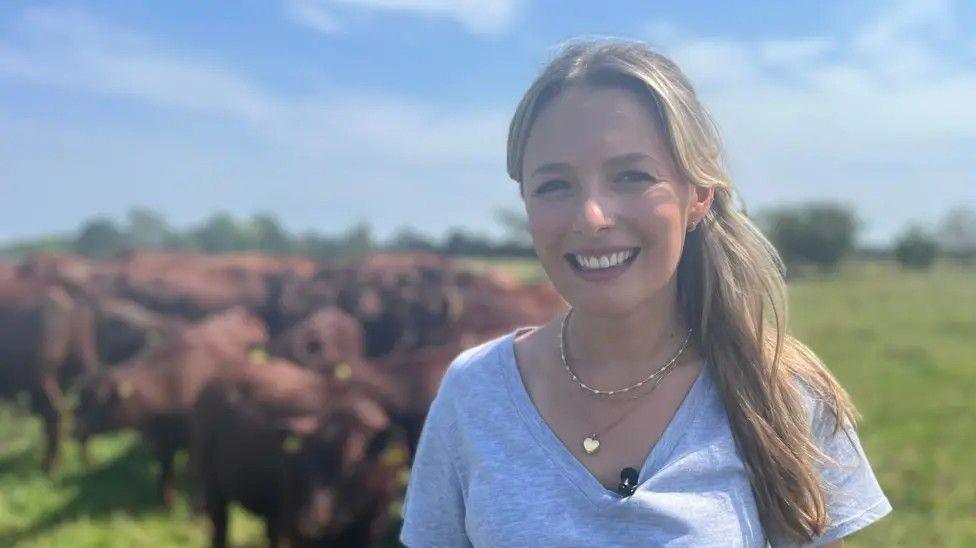
Martha Hayes, a fourth generation farmer from Spridlington, north of Lincoln, has invited Sir Keir Starmer to her farm to see for himself the difficulties facing farmers
- Published
A farmer has invited the prime minister to visit her farm so he can see for himself the likely impact of changes to inheritance tax rules announced in the Budget.
From April 2026, inherited agricultural assets worth more than £1m, which were previously exempt, will be liable to the tax at 20% - half the usual rate.
Martha Hayes, a fourth generation farmer from Spridlington, north of Lincoln, said she wanted Sir Keir Starmer to see the difficulties in producing food, and the small margins for family farms.
The prime minister said he “understands farmers’ concerns", and the government has allocated £5bn to farming, plus money to deal with flooding and the outbreak of disease.
The comments came during a round of BBC Local Radio interviews on Friday.
BBC Radio Lincolnshire presenter Sean Dunderdale quizzed Sir Keir on a number of topics including farming, pylons and solar farms, with Ms Hayes asking if the prime minister would commit to an independent review of how many farms would be affected by the changes.
The government argues existing inheritance tax is not fair or sustainable – as everyone else sufficiently well off to pay it is charged 40% while farmers are charged nothing.
Ministers also say the exemptions have tempted some people to buy up farmland – pushing up its value – primarily to avoid inheritance tax.
Sir Keir said only a small number of family farms would be affected by the changes, with a typical farm able to pass on land and property valued up to £3m tax free.
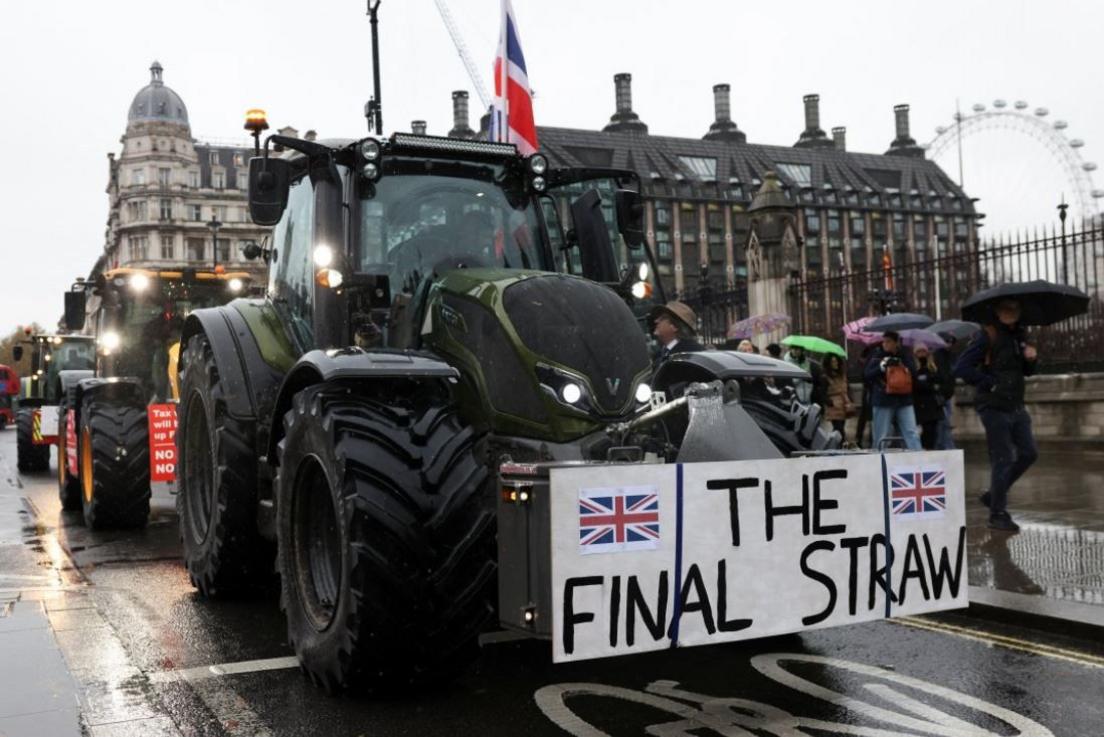
Thousands of farmers gathered outside Parliament on Tuesday to protest
Analysis by Sharon Edwards, political reporter, BBC Lincolnshire
"It's not fair" has been the howling cry of Lincolnshire farmers, anti-pylon and anti-solar farm protesters and pensioners.
The county, which produces a quarter of the country's fresh vegetables, will, they say, be concreted over with huge solar farms, pylons and electricity substations while family farms will be sold off to pay for inheritance tax under new rules.
Lincolnshire, campaigners say, is being used as a "dumping ground" while its pensioners shiver under extra layers of clothing, too afraid to put on the heating.
The prime minister's response was simply this - "it's for the greater good".
Green energy schemes and pylons will deliver cheaper energy bills, he said.
Our schools and hospitals need the money which will be saved by not giving well-off pensioners the winter fuel allowance and removing all tax exemptions from farms, the prime minister added.
'Difficult decisions'
The government has previously said just 500 of the UK's wealthiest landowners would be affected by the change.
However, the National Farmers' Union (NFU) estimated up to 70,000 farms could be affected in total.
Ms Hayes questioned the difference between the NFU and government figures.
"You only need to see 20,000 farmers stood on the street on Tuesday to know that the vast majority of farmers are going to be impacted by this change," she said.
"I'd like to invite him to my farm, see the difficulties in producing food, the small margins, and then he might understand the impact this policy will have."
Sir Keir was also asked about solar farms, pylons and winter fuel payments.
He said high energy prices affected everyone and the government was having to take difficult decisions to help drive energy prices down.
On winter fuel payments, the prime minister said it "makes sense" to remove payments from "relatively wealthy" pensioners and urged those in need to apply for pension credit.
He said the money saved would be used to fund hospitals and schools.
Listen to highlights from Lincolnshire on BBC Sounds, watch the latest episode of Look North or tell us about a story you think we should be covering here, external.
Related topics
- Published16 September
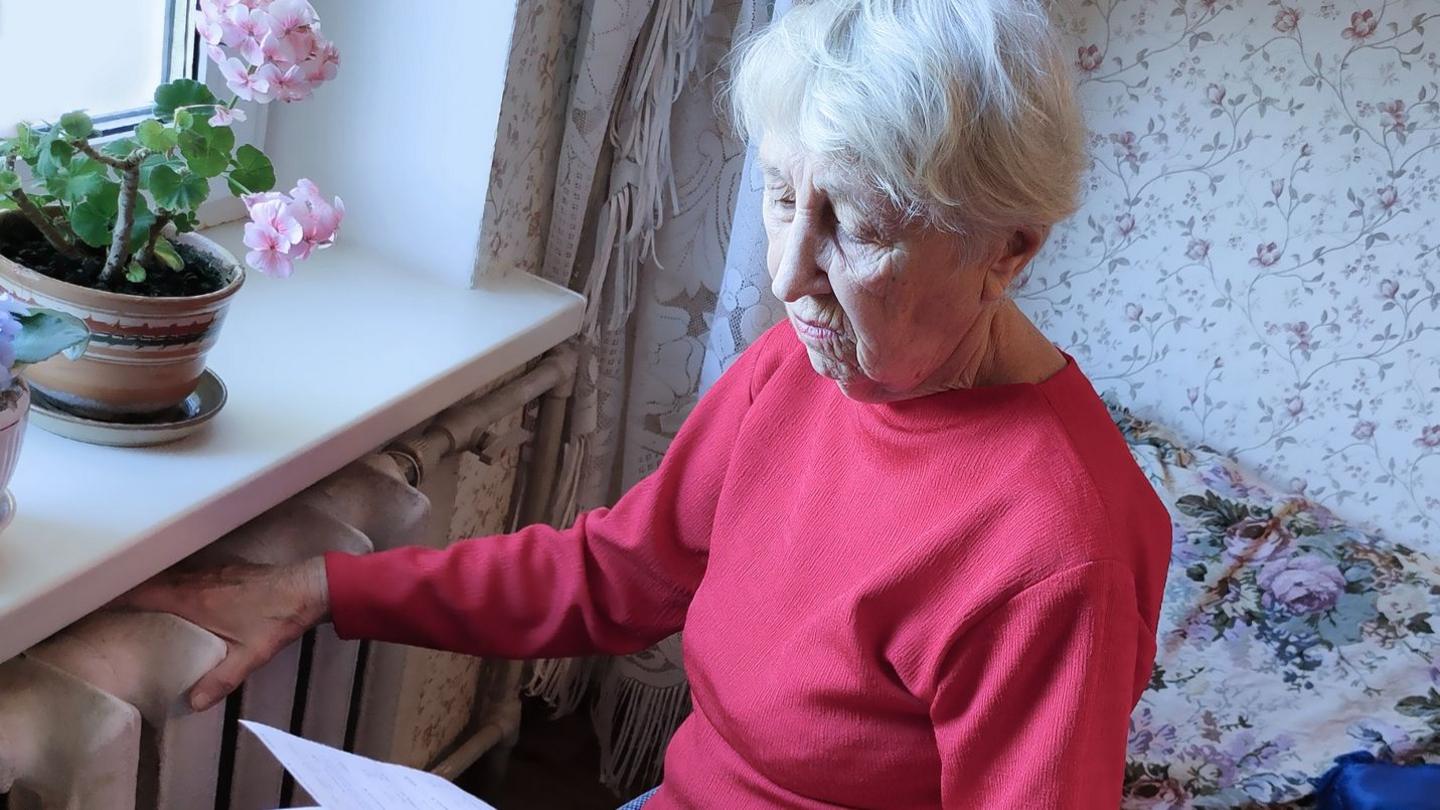
- Published19 November 2024
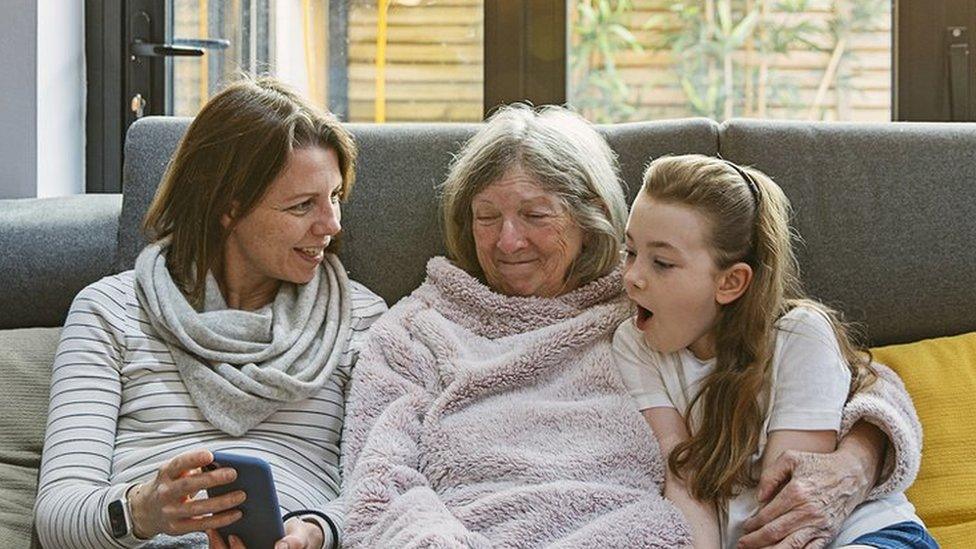
- Published20 November 2024
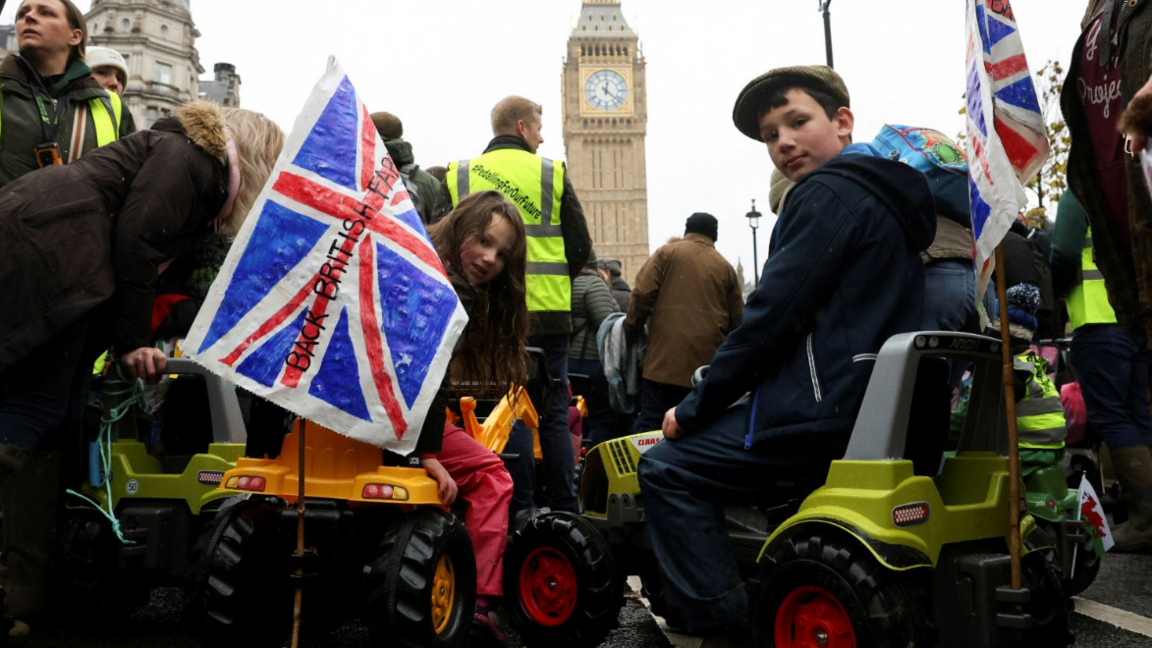
- Published28 October 2024
